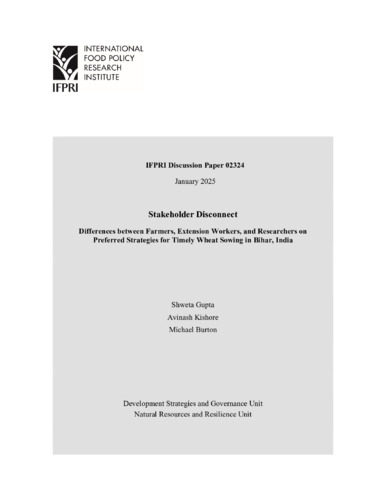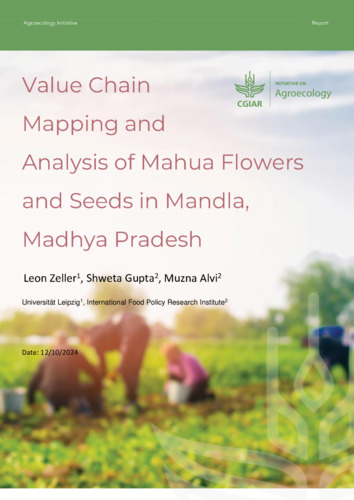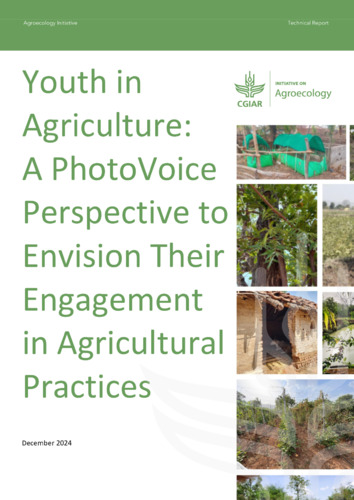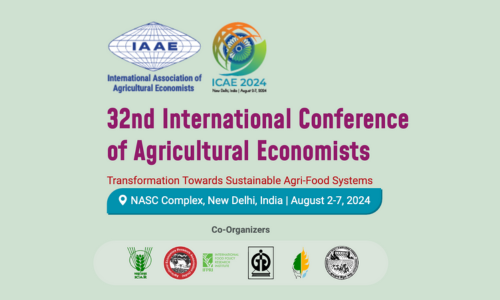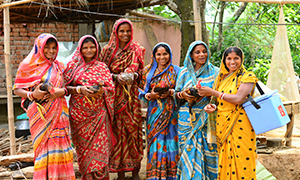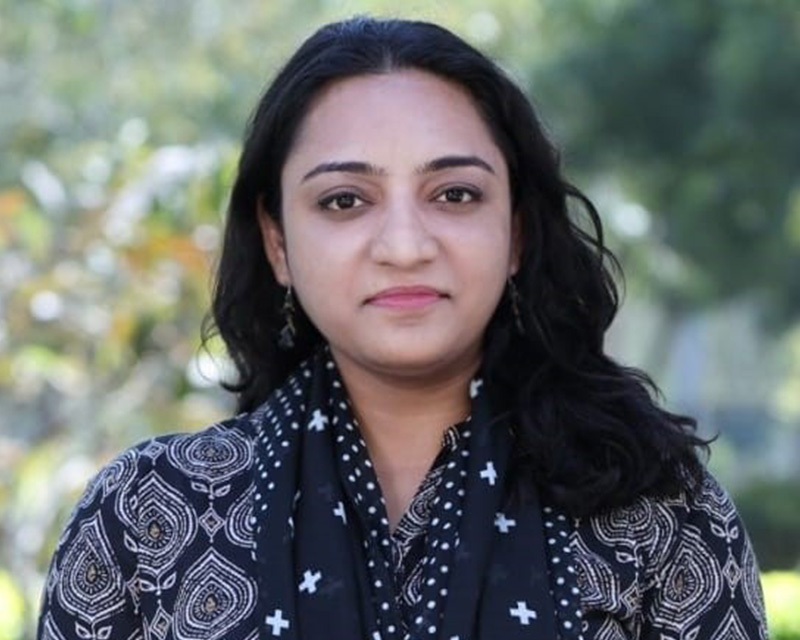Value chain mapping and analysis of Mahua Flowers and Seeds in Mandla, Madhya Pradesh
In Mandla district of Madhya Pradesh, a state located in Central India, tribal communities collect fruits, flowers, gums and other materials from the forest for self-consumption and sale. These so-called non-timber forest products (NTFPs) are important for income, food security and livelihood. Additionally, the income from these products creates an incentive for the protection of the forest, making it an important asset from an ecological perspective. However, overall forest degradation, unsustainable harvesting and alternative income sources have led to decreased NTFP collection and trade. The term NTFP encompasses a wide variety of products including fruits, nuts, seeds, resins, gums, medicinal plants, mushrooms, honey, fibers, and other plant and animal products. Although many of these can be found in the forests of Madhya Pradesh, only a few products and species have sizeable economic activity. The two most important of these products are the flower of the mahua tree (Madhuca longifolia) and the leaves of the tendu tree (Diospyros melanoxylon). While the former is mainly used in the production of local liquor, the latter is used by the tobacco industry as wrapping for traditional cigarettes called bidis. The collection and trade of NTFPs was regulated under the colonial rule of the British and this continued independence. Starting from the 1990s attempts were made to shift rights and power towards the forest dwellers and away from the authorities. The implementation of these reforms (e.g. PESA and FRA) has been particularly slow and scattered in Madhya Pradesh, where the Forest Department remains virtually in charge of the forests. However, the trade of most NTFPs (except some like tendu) has been liberalized. In recent times public authorities have even gained interest in NTFPs as an avenue to lift tribal communities out of poverty. In this report we study NTFP trade and production in Mandla, discussing the value chain analysis (VCA) of mahua flowers, followed by an analysis of alternative value chain linkages to diversify the use and income potential from mahua. The goal of this analysis is to identify the potential for agro-ecological improvements
Authors
Zeller, Leon; Gupta, Shweta; Alvi, Muzna
Citation
Zeller, Leon; Gupta, Shweta; and Alvi, Muzna. 2024. Value chain mapping and analysis of Mahua Flowers and Seeds in Mandla, Madhya Pradesh. Agroecology Initiative Report. CGIAR System Organization. https://hdl.handle.net/10568/169669
Keywords
Asia; Southern Asia; Non-wood Forest Products; Income; Food Security; Livelihoods; Environmental Degradation; Madhuca Longifolia; Reforms; Poverty; Value Chain Analysis
